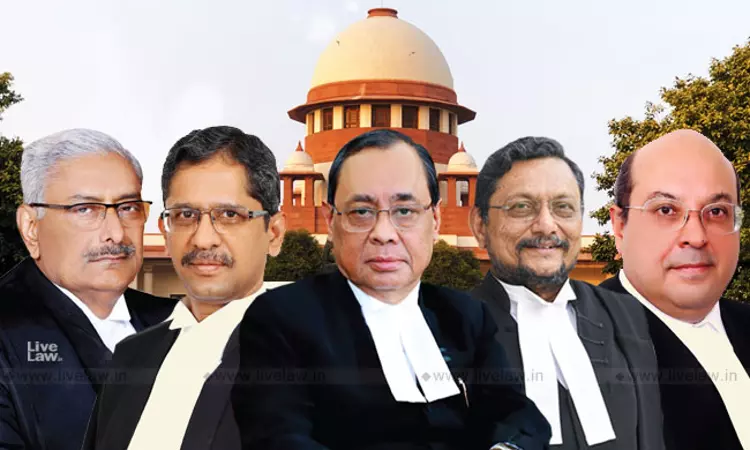No More Publication Of Collegium Resolutions? Full Secrecy Restored To Judges Appointment
LIVELAW NEWS NETWORK
17 Oct 2019 8:42 PM IST

Next Story
17 Oct 2019 8:42 PM IST
When the Supreme Court started the practice of publishing collegium resolutions in October 2017, it was hailed as a laudable move which would bring in transparency in the process of appointment of judges.Even this gesture left a lot of be desired, as the resolutions uploaded in the website did not spell out elaborate reasons behind the decisions. In most cases, the resolutions simply stated...
